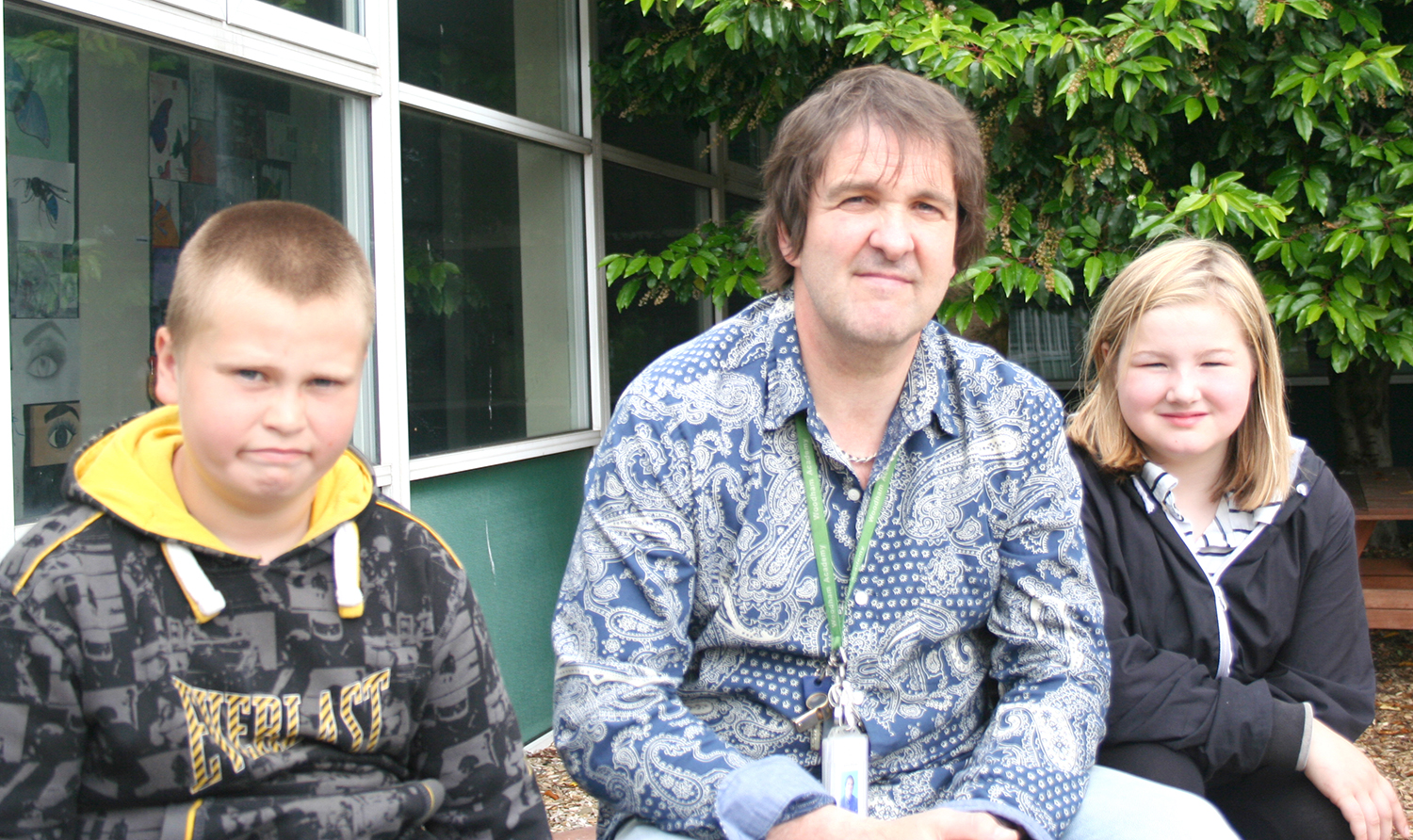Students at Woodham Academy were asked to answer an unusual question during their recent Science Specialism Day – they had to decide whether or not one of their staff has made a difference to the school.
Mr Heaven, who started at the school on the same day as those learners who were being posed the intriguing enquiry, is well known for his passion for the natural world, and can often be observed stalking around the school grounds with camera and wellies – with members of his Wildlife Club in tow.
To complete this task, however, the Y8 learners would not merely be allowed to express on opinion, they would have to be able to draw a proper conclusion, using rigorous scientific data.
The Wildlife Club have been busy making the school more wildlife friendly since they were founded at the beginning of the year. They have planted Woodland Trust donated trees, put up bird boxes, installed hedgehog houses & bug hotels, and have propagated a range of wild flowers.
They have also convinced the school to adopt an environmental management model, which sees the boundary hedges cut every three years, instead of annually, and the back of the school turned into a summer meadow, which will only be cut once a year, instead of the previous nineteen times.
The hedges will now be cut in an ‘A’ pattern, instead of the usual vertical cut, in order to create a wildlife corridor around the perimeter and provide smaller mammals and amphibians with a place of relative safety; and they have even convinced a local farm to take their hay when it is cut at the beginning of the next term.
The results, says Mr Heaven, are impressive, but will they stand up to the scrutiny of the school’s Science Department? Mr Heaven believes so, and he points to the increased numbers of nest sites and the visitation of dragon flies as evidence of the Club’s successes. These achievements, however, are not his alone – a point the Newton Aycliffe raised educator is keen to emphasise: “Come rain or come shine, you’re sure to find Wildlife Club members busy about the school, recording tracks and footprints, preparing wild-flower beds, monitoring bird boxes, or checking on our new trees.”
In addition, all the equipment used by the Academy’s students has, says Mr Heaven, been donated, or paid for by the Club’s community partners: “If our Science Department deem our efforts a success it will be because it has been a collaborative effort – of students, parents and volunteers, and our friends at Wilkos and Aycliffe Rotarians.”
So why such a close scrutiny of the Club’s efforts? Mr Heaven says it is all part and parcel of the school’s drive to include ‘practical’ environmental sciences into the Academy’s ethos: “We believe that it is a central role of this school to prepare our young people for the challenges which lay ahead.
Being aware of threats to the natural environment is one thing, but taking steps to halt, and even reverse these threats, takes us from the realm of observer into the realm of activism – and using science to monitor and record these activities, and the impact they have, is what makes all the difference.” It is with this in mind that a number of the Wildlife Club members have been enrolled on a scheme run by the prestigious John Muir Trust – the first seven of whom have recently been awarded their Level 1 ‘Discovery’ award.
In order to check if the school’s Wildlife Club has indeed made a difference, it was decided to call in the Science Department to check their claims.
sing Y8 scientists – who study environmental sciences as part of the curriculum, data was collected comparing those parts of the school which are still managed in the traditional manner, with those managed by the Wildlife Club. If there was found to be a significant difference between the diversity of the two, then Mr Heaven’s case would be proven.
And what did they find?
Well, it was discovered that those areas of grassland managed by the young conservationists do, indeed, contain significantly more species than other areas – this came as little surprise to Mr Heaven: “Although we have introduced a good number of new species to the site, the majority of what we are seeing is already here, present in the soil – they just need a chance to do what they do best.”
So, has Mr Heaven made a difference? Yes, he says, he has, but as he is himself very keen to point out it is more a matter of ‘choice’, and in the case of Woodham Academy a good number of staff, students, friends and relatives have chosen to take conservation’s side.
Has Mr Heaven Made a Difference at Woodham?












